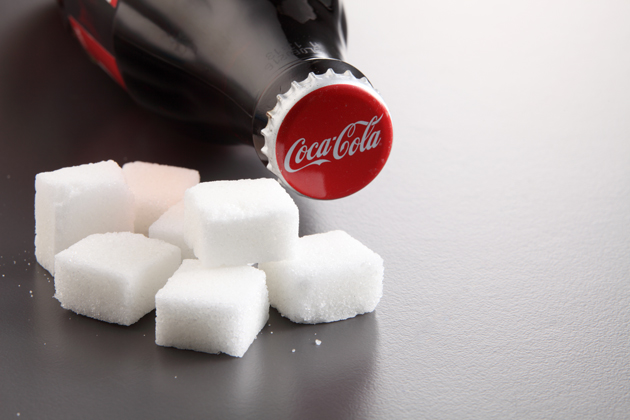This post first appeared on Risk Management Monitor. Read the original article.
A new Coca-Cola-sponsored contest seems to publicly acknowledge its reputational risk, but at a minimal cost that could manage or even reduce it.
In early August, the beverage giant announced its Sweetener Challenge, seeking non-employees (preferably scientists or agriculture or nutrition professionals) who can bring the company a “natural, safe, reduced, low- or no-calorie compound that generates the taste sensation of sugar when used in beverages and foods.” The winner will be announced in Fall 2018 and will receive $1 million.
Taxes on soda, the decline of its consumption, and mounting data that sours on sugar has unquestionably affected the bottom line for the company and put pressure on the broader beverage industry. By initiating the contest, Coke seems willing to try a fresh approach to manage or favorably alter its reputation as a brand founded on sugary cola, while simultaneously attracting and retaining consumers and generating sales. That seems far less risky than not trying new techniques.
“[Reputation risk] is created when expectations are poorly managed and exceed capabilities, or when a company simply fails to execute,” wrote Nir Kossovsky in the 2014 Risk Management article “How To Manage Reputation Risk.” “Managing expectations is all about governance, operations and risk management—the blocking and tackling of running a business. Clearly, there can be perverse brilliance in a business strategy of setting expectations very low.”
Last year, Coca Cola suffered a net revenue decline from $11.5 to $9.7 billion, making the $1 million prize a cost-efficient gamble that, as Kossovsky suggested, can “conceptualize an ideal state and implement a roadmap to reduce reputation risk.”
Other companies have turned to their audiences for new ideas to increase awareness and improve their reputations. Folgers was jonesing for a new jingle this year and paid a songwriting duo $25,000 for a flavorful new take on “the best part of waking up.”
Even the commercial aviation industry sought out-of-this-world innovations from average stargazers. When the X Prize Foundation wanted to inspire the private sector to pursue commercial space flight, it did so with a $10 million prize. The pursuit of the Ansari X Prize generated $100 million in new technologies and was ultimately won by the Tier One project’s ShapeShipOne, which was financed by Microsoft co-founder Paul Allen.
According to Kossovsky, “reputational events are tried in the court of public opinion,” and Coke’s will both there and in stores. The company’s new sugar substitute will be announced in October 2018 and will eventually make its way into supermarkets. With just a few sips, consumers can ultimately decide if the company’s investment and reputation risk management technique was a sweet move.

